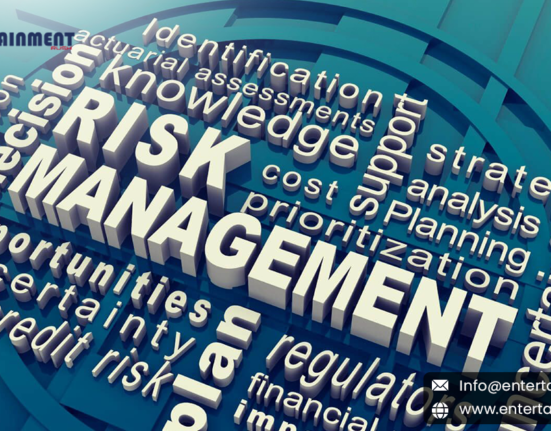In the dynamic world of real estate investment, the importance of effective risk management cannot be overstated. Seasoned investors understand that successful ventures hinge not only on maximizing returns but also on minimizing potential risks. As markets evolve and economic landscapes shift, employing advanced tactics for risk management becomes imperative for sustaining profitability and safeguarding investments.
Diversification: Spreading Risk Across Asset Classes
One fundamental strategy in advanced risk management is diversification. Real estate portfolios should be diversified across different property types, locations, and markets. This strategy helps mitigate specific risks associated with a single property or market segment. By spreading investments across various asset classes—such as residential, commercial, industrial, and geographic regions—investors can reduce exposure to downturns in any one sector. Diversification is a cornerstone of risk management that enhances resilience against market volatility and economic shifts.
Utilizing Advanced Financial Modeling Techniques
Furthermore, employing sophisticated financial modeling techniques can enhance risk assessment. Advanced investors leverage quantitative tools to analyze potential outcomes under various scenarios, including market fluctuations, interest rate changes, and unexpected events. Monte Carlo simulations, for example, can provide insights into the probability of different investment outcomes, enabling investors to make decisions that are more informed. By integrating data-driven approaches into risk analysis, investors can better anticipate and prepare for potential challenges.
Anticipating and Mitigating Operational Risks
Risk management also involves anticipating and mitigating operational risks. This includes conducting thorough due diligence before acquiring properties, assessing tenant creditworthiness, and implementing robust property management practices. Proactive maintenance schedules and emergency preparedness plans can mitigate risks associated with property damage and tenant issues. By focusing on operational excellence, investors can minimize disruptions and protect the value of their real estate assets.
Leveraging Tailored Insurance Products
Another crucial aspect of advanced risk management is leveraging insurance products tailored to real estate investments. Investors should consider policies that cover property damage, liability, loss of income, and even cyber risks in today’s digital age. Comprehensive insurance coverage can provide a safety net against unforeseen events that could otherwise jeopardize investment returns. Working closely with insurance professionals to customize coverage based on specific investment strategies and risk profiles is essential for comprehensive risk management.
Strategic Planning in Real Estate Development
In the realm of real estate development, risk management becomes even more critical. Advanced investors employ feasibility studies, market analyses, and construction risk assessments to evaluate the viability of development projects. They also factor in regulatory risks, zoning restrictions, and environmental considerations when planning new ventures. By conducting thorough due diligence and incorporating risk assessments into project planning, developers can minimize uncertainties and optimize project outcomes.
Hedging Against Market Volatility
To navigate economic uncertainties and market volatility, real estate investors often hedge their positions through financial instruments. Derivatives such as options, futures, and swaps can be utilized to protect against adverse price movements or interest rate fluctuations. These tools provide a means to manage risk exposure while maintaining flexibility in investment strategies. Strategic hedging allows investors to safeguard portfolios against external factors beyond their control.
Building Strong Professional Networks
Moreover, maintaining strong relationships with industry experts and professionals can enhance risk management capabilities. Collaborating with experienced real estate agents, property managers, attorneys, and accountants can provide valuable insights and specialized knowledge to navigate complex legal, regulatory, and financial landscapes. By tapping into a network of trusted advisors, investors can access timely information and expert guidance to make informed decisions. mastering advanced tactics for real estate investor risk management is essential for achieving long-term success in the industry. By diversifying portfolios, employing sophisticated financial modeling, mitigating operational risks, leveraging insurance products, and hedging against market fluctuations, investors can enhance their ability to preserve capital and maximize returns. Continual adaptation and innovation in risk management strategies are key to thriving in the ever-evolving world of real estate investment. By integrating these advanced tactics into investment strategies, investors can build resilient portfolios capable of withstanding diverse market conditions and emerging challenges.







Leave feedback about this